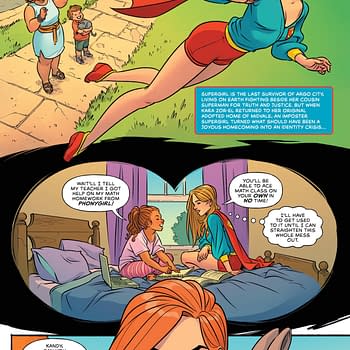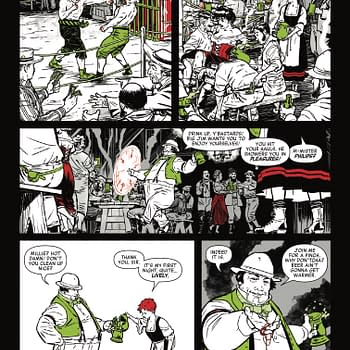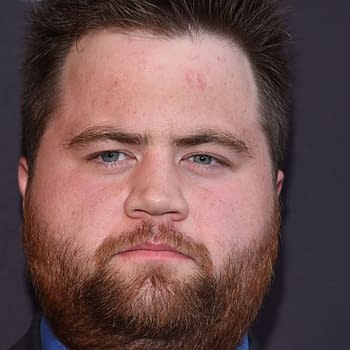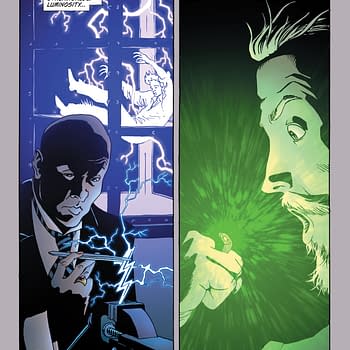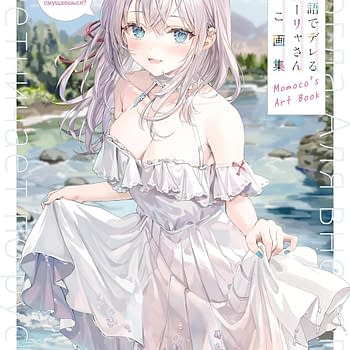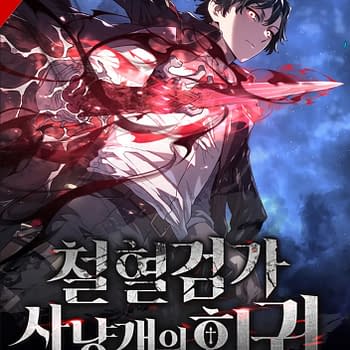Posted in: Comics | Tagged: Brian Azarello, Comikaze 2013, george perez, heidi Hilliker, Jessica Tseang, Jordan Gorfinkel, lynda carter, Steven L. Sears, wonder woman
Who Is Your Ultimate Wonder Woman? – Grappling To Define A 21st Century Heroine At Comikaze
Michele Brittany writes for Bleeding Cool from Comikaze:
With rumors buzzing around the film industry of a Justice League of America movie on the horizon (as early as 2015 according to IMDB), a lively discussion took place during the panel titled Wonder Woman – Why Can't She Be Done Right, and What Can Be Done About It! Moderated by Girl on Geek Jessica Tseang, the panel included Steven L. Sears, executive producer of Xena: Warrior Princess; Barbra Dillon, marketing editor and co-founder of Fanboy Comics; Heidi Hilliker, Wonder Woman cosplayer; and Jordan B. Gorfinkel, writer/editor of Batman.

"Wonder Woman has gone through so many permutations," Sears stated in defense of his dissenting opinion and hence, she meant different things to each person and therefore hard to pin down. What one value or characteristic a person identified with, there may be others aspects that they did not. To him, Carter's Wonder Woman was powerful, but then she would giggle and apologize for being powerful. He felt that although she did well, she was a product of her times.

Dillon grew up with Carter's Wonder Woman and found it very difficult to suspend her disbelief when it came to the portrayal of her powers, therefore she could not identify with her. However, she felt that the DC animated film from 2009 that borrowed from one of Perez's relaunch titles, provided a portrayal more in line with what Dillon expected from the heroine. In addition, she found it hard to visualize a live action Wonder Woman in a Christopher Nolan film for instance. It was a sentiment that resonated closely with the audience, and led into Tseang's follow up question to the panel and the audience: what would a live action Wonder Woman look like?

Hilliker advocated returning to her roots to "educate people to her origins," because part of the problem with Wonder Woman was that her mythos was vague and not really known to the average person. Sears stated that the strength of her character had to come from her back story.

Were the big questions surrounding Wonder Woman discovered during the course of one hour? For this writer, we are no closer to discovering the "true" Wonder Woman; her mystic remains intact for another day and more heartfelt discussions in the future.
Michele Brittany is an independent pop culture scholar and semi-professional photographer currently editing an upcoming anthology on the influence of James Bond on popular culture, and she regularly posts reviews and analysis on the spy/espionage genre on her blog, Spyfi & Superspies.










